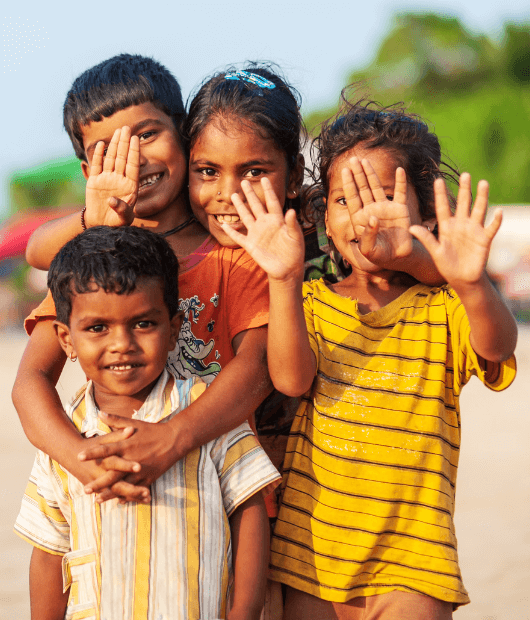
Indian Academy of Pediatrics (IAP) Initiative to Prevent Violence against Children (P- VAC)
Violence against children(VAC) includes all forms of violence against people under 18 years old, whether perpetrated by parents or other caregivers, peers, romantic partners, or strangers. According to the World Health Organization (1), it is estimated that up to 1 billion children aged 2–17 years, have experienced physical, sexual, or emotional violence or neglect in the past year. The VAC exerts a multitude of short and long term health consequences on children, including serious and often lifelong adverse consequences on mental and physical health, reproductive health, academic performance, and social functioning. According to a major American epidemiologic Adverse Childhood Experience (ACE) research study, a powerful relationships has been established between VAC and child maltreatment & to adverse health effects in adult life, including development of adult onset high-risk health behaviors such as smoking, alcohol and drug abuse, and severe obesity, and correlated with ill-health including depression, heart disease, cancer, chronic lung disease and shortened lifespan ( 2).
Paediatricians, doctors and allied health professionals are often the first point of contact for abused and neglected children. They play a key role in detecting abuse, and provide immediate and long term support to the survivors. The Indian Academy of Pediatrics ( IAP) recognizes that pediatricians and allied medical professionals should support, reassure, treat, and ensure rehabilitation of victims of child abuse, keeping the best interest of the child as their primary goal. However, pediatricians and allied medical professionals have limited knowledge in the early recognition and response to various forms of VAC. The training to prevent and respond to VAC have not been imparted previously in medical colleges. The Indian Child Abuse Neglect & Child Labour (ICANCL) group, a subspeciality group of IAP has been working relentlessly in this field for past 25 years ( 3). There is an urgent need to impart training to pediatricians and allied medical professionals to prevent and appropriately respond to VAC.
The Constitution of India guarantees fundamental rights to all children and empowers the States through directive principles of state policy. In the year 1992, India accepted the obligations of the United Nations Convention on the Rights of the Child (UNCRC) (4). The policies for children in India have been formulated in consonance with the UNCRC. They adhere to the constitutional mandate and guiding principles of UNCRC and recognize the rights of children under four key priority areas, namely: survival, development, protection and participation.
The medical doctors should be updated about the knowledge of UNCRC, Indian child protection systems and laws, such as the “Protection of Children from Sexual Offences (POCSO) Act (2012), amended in 2019 & the Juvenile Justice (Care & Protection of Children), amended Act 2021(5,6). The comprehensive knowledge of the child protection systems and health will contribute to improved health care, protection, development, social reintegration and rehabilitation of children affected by violence (7,8 ). Such efforts shall also contribute to India’s efforts to realize child rights as per UNCRC and achieve its targets as per UN sustainable development goals (SDG) (9). Target 16.2 of the SDG goals is to “end abuse, exploitation, trafficking and all forms of violence against, and torture of, children”.